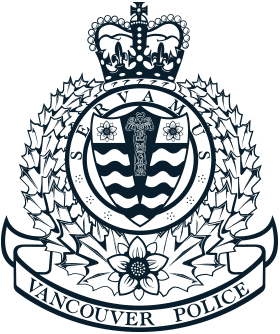If someone uses your identifying information, such as your name, birth date, social insurance number, driver’s licence or credit card number, to commit fraud or other crimes, you have been a victim of identity theft.
Having your identity stolen can be difficult to fix. Your reputation and your credit rating will need to be repaired, which is sometimes difficult to do. The best solution is to take steps to prevent it from happening in the first place.
Prevention Tips
Credit Cards
- don’t carry unnecessary credit and charge cards and cancel cards you no longer use – the more cards you have issued in your name, the greater the risk that one or more will be compromised
- make arrangements to pick up new or replacement cards at your bank instead of home delivery
- review your financial statements and notify your bank or credit company of any unauthorized transactions
- check your credit history once a year for accuracy – if someone has applied for credit in your name, the credit report should reflect this
Social Insurance Cards
- you do not need to carry your Social Insurance card, as it is only legally required by your employer for tax purposes, or to comply with federal laws in certain situations, or your bank may require it for some transactions
- see the Privacy Commissioner of Canada for more detailed information about the need to disclose or produce your Social Insurance NumberSocia
ATM / Debit Cards
- be extra cautious when you temporarily part with your ATM or debit card, such as at restaurants or gas stations, as they are prime locations for “skimming,” in which a second electronic copy or record of your card information is made – make sure the card you get back is yours
- protect your PIN when you enter it into the terminal, making sure no one can see your number
- memorize your PIN and never write it down – the number should be difficult to guess
Mail
- deposit your mail in a letter box for same day delivery – if your mail will be sitting there until the next day, consider using another mailbox or taking your mail to a postal outlet
- get a locking mailbox and collect your mail every day
- consider receiving your bank and credit card statements online or picking them up at your bank – if you do have them sent by mail, keep track of the date they are supposed to arrive and follow up if they don’t arrive
- if you change your address, submit a change of address card to Canada Post and notify any agency which sends you billing information
Documents
- invest in a shredder when disposing of old financial and personal documents
- ensure pre-approved credit card applications are completely unusable and unreadable if you are not using a shredder
- use caution with what you put in your recycling box – ensure that no one can use any of your identifying information
Identification
- make photocopies front and back of your identification and keep them in a safe place
- if you lose any I.D. or believe it has been stolen, notify the issuer, file a police report, and obtain a police file number
Personal Information
- be wary of canvassers, telemarketers or people posing as police officers, who try to obtain personal information about you
- no legitimate financial institution or organization would ever ask you confidential details, such as your credit card or social insurance numbers or your bank balance
- get on the National Do Not Call List and reduce your calls from telemarketers
Types of Identification and Documents That Can be Used to Steal Your Identity
- credit card
- ATM / debit card
- social insurance card
- birth certificate
- driver’s licence
- passport
- membership card
- BC CareCard
- student or work visa
- BC I.D.
- student card
- calling card
- credit report
- phone bill
- utility bill
- bank statements
Report Fraud
Some cases of fraud can be reported online – see how to report fraud.
Learn more about preventing fraud and cybercrime.


